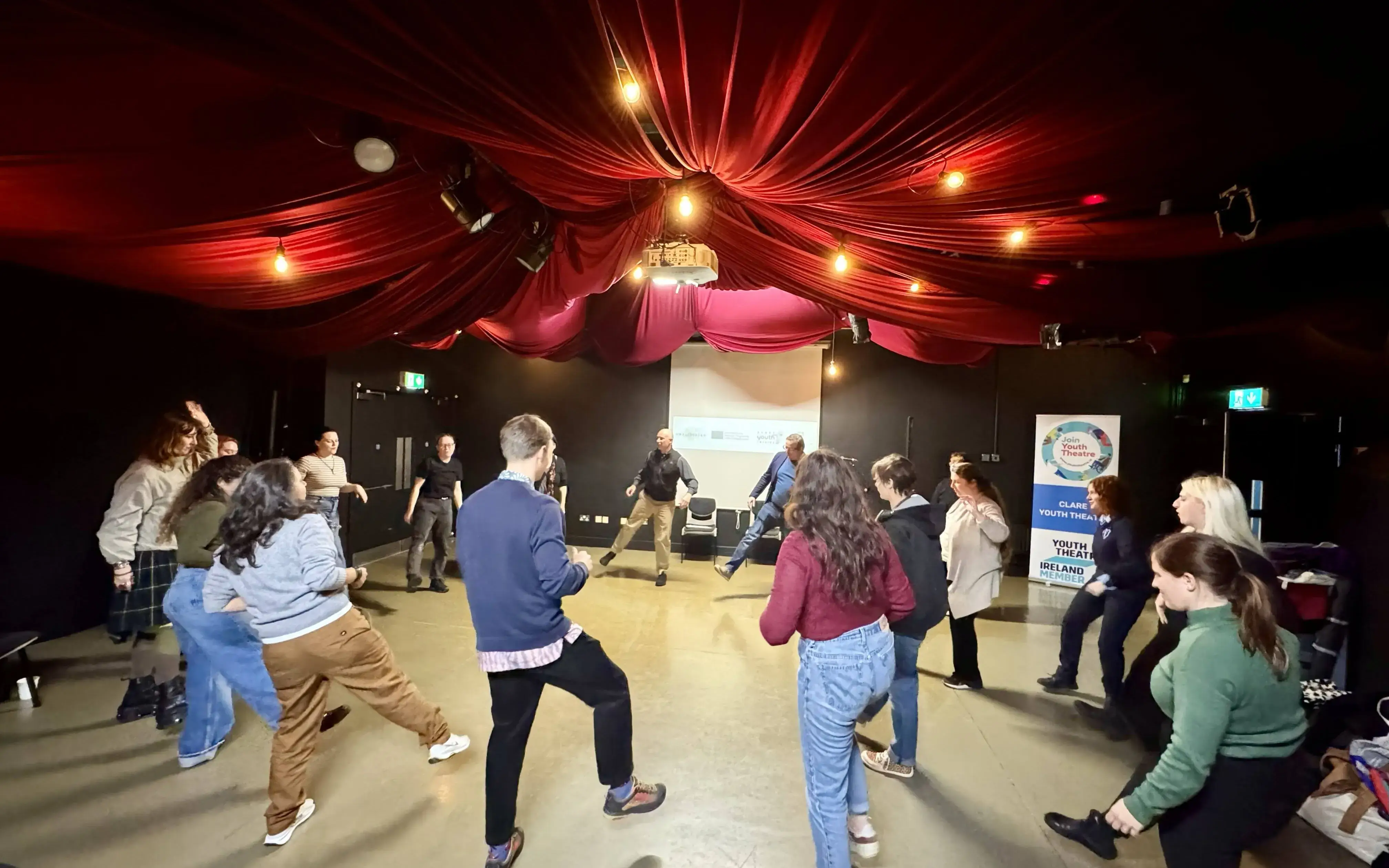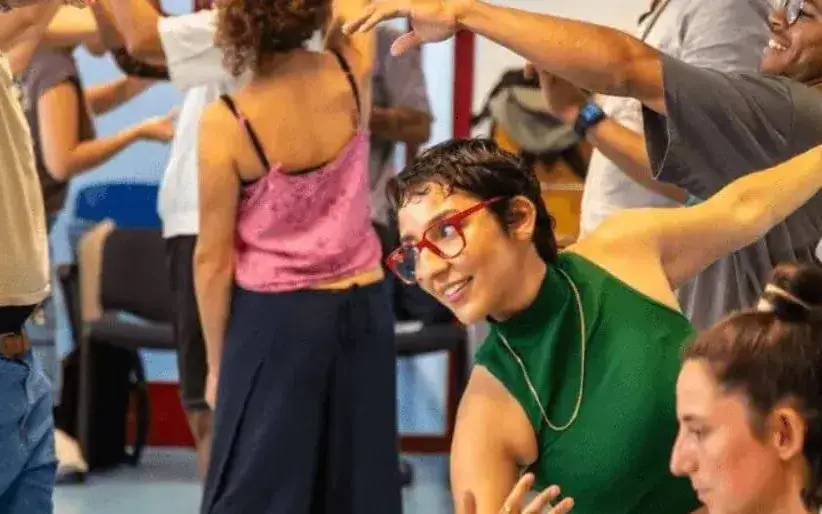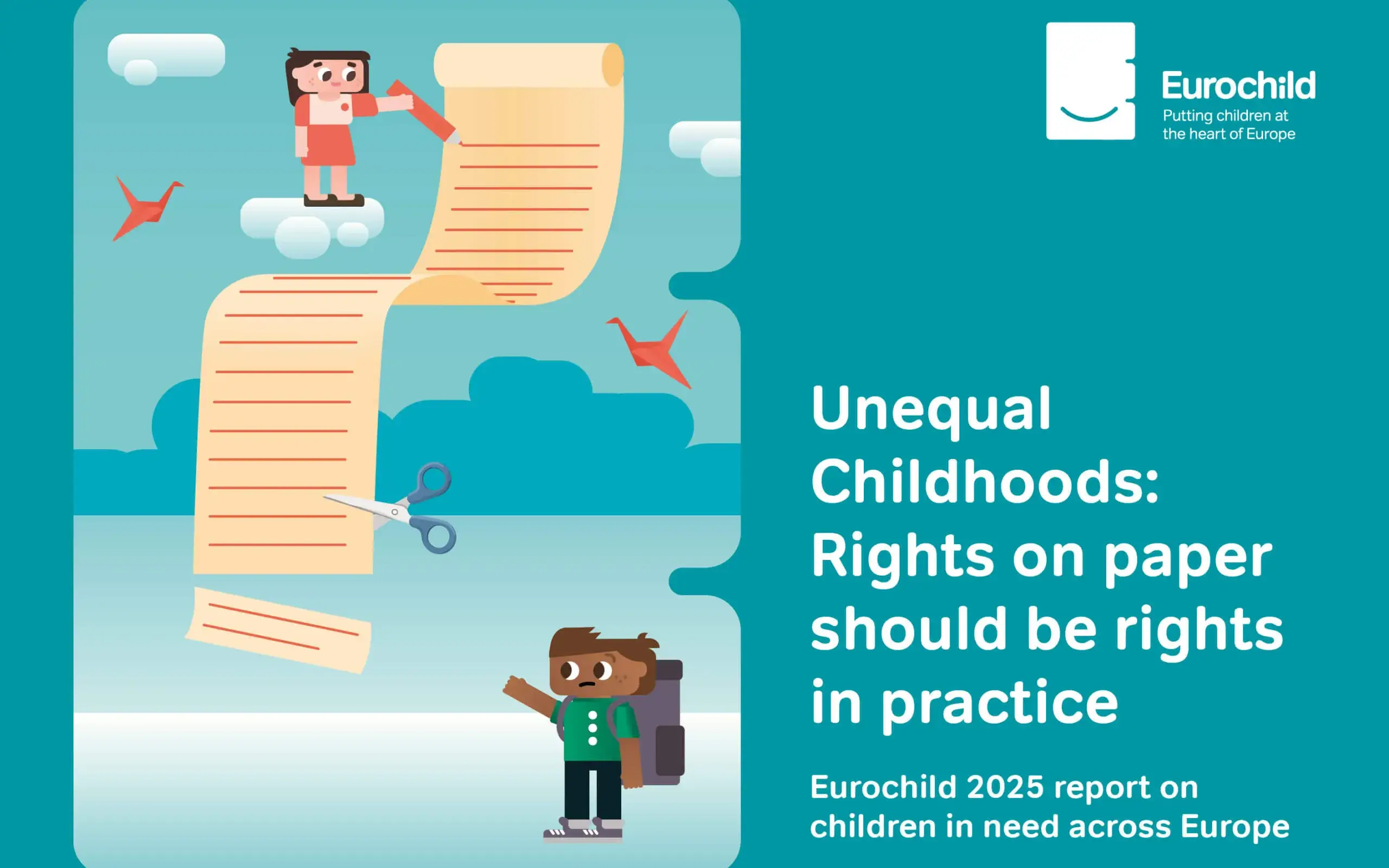EMPATHEATRY policy recommendations: inclusive theatre for emotionally empowered and active youth

Throughout the 2 years of implementing the Empatheatry project, creative methods have shown powerful support for personal growth, self-expression, and youth activation.
Arts-based activities help youth overcome isolation, build vital social skills, and foster resilience. However, many face practical and systemic barriers to participation, such as material needs, cultural codes, lack of funding, and insufficient representation in youth intervention systems.
The recommendations from Empatheatry emphasise the need for a deep understanding of the challenges young people experience, such as mental health issues, cultural environment, and social status. Successful programme design requires listening to their lived experiences and prioritising emotional safety, intercultural sensitivity, and gender awareness.
Key recommendations include:
- Establish ongoing, practice-based training for youth workers, integrating interactive methods like simulations, role play, and case studies.
- Increase continuous financial support for cultural activities, particularly in remote or marginalized communities, and create spaces dedicated to youth cultural activities.
- Integrate theatre-based learning and emotional intelligence into school curricula and teacher education, focusing on inclusion of at-risk and special needs students.
- Systematically use theatre methods in youth work to address sensitive issues such as identity, discrimination, and social inclusion.
- Invest in digital infrastructure and safe online spaces to ensure access for young people from disadvantaged backgrounds to arts-based emotional and mental health programmes.
Empatheatry’s approach repositions arts and culture as essential to societal well-being rather than as mere entertainment. Policy-makers, youth organizations, and educators are encouraged to use these guidelines as a tool to implement responsive, inclusive policies that empower young people and recognise them as creative agents of change.
For full details, visit RESULTS.






Add new comment